
БІБЛІОТЕКА ІМ. Л. КАНІЩЕНКА
ЗАХІДНОУКРАЇНСЬКОГО НАЦІОНАЛЬНОГО УНІВЕРСИТЕТУ
Новини
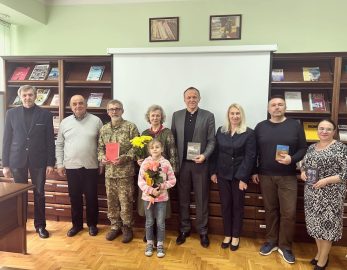
Творча зустріч з патріотичною родиною Хоменків
У межах проєкту "Дегустація книги" відбулась презентація творчості українського поета, есеїста, історика, музейника та військовослужбовця...
Читати далі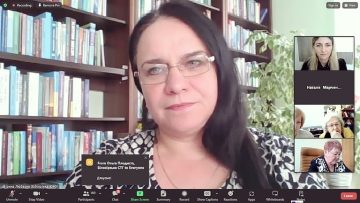
XІV Всеукраїнська науково-практична конференція “Бібліотека і книга в контексті часу”
25 квітня завідувачка читального залу для студентів бібліотеки ім Л. Каніщенка ЗУНУ Ірина Любезна виступила...
Читати далі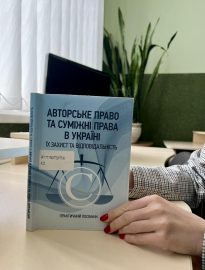
23 квітня – Всесвітній день книги та авторського права!
23 квітня - Всесвітній день книги та авторського права – свято авторів та видавців, критиків,...
Читати далі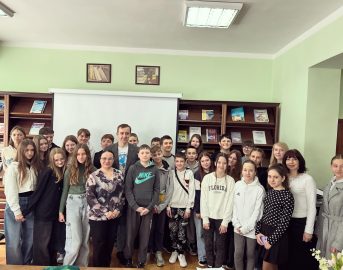
Еко-захід “Збережемо довкілля разом”
22 квітня у межах проєкту "Зелена бібліотека" до Всеукраїнського Дня довкілля у читальному залі для...
Читати даліАнонси події
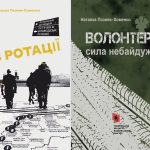
Творча зустріч із поетом-воїном Олександром Хоменком
25 квітня 0 13:00 у читальному залі для студентів бібіліотеки...

Еко-захід “Збережемо довкілля разом”!
22 квітня у рамках проєкту "Зелена бібліотека" до Всеукраїнського Дня...
